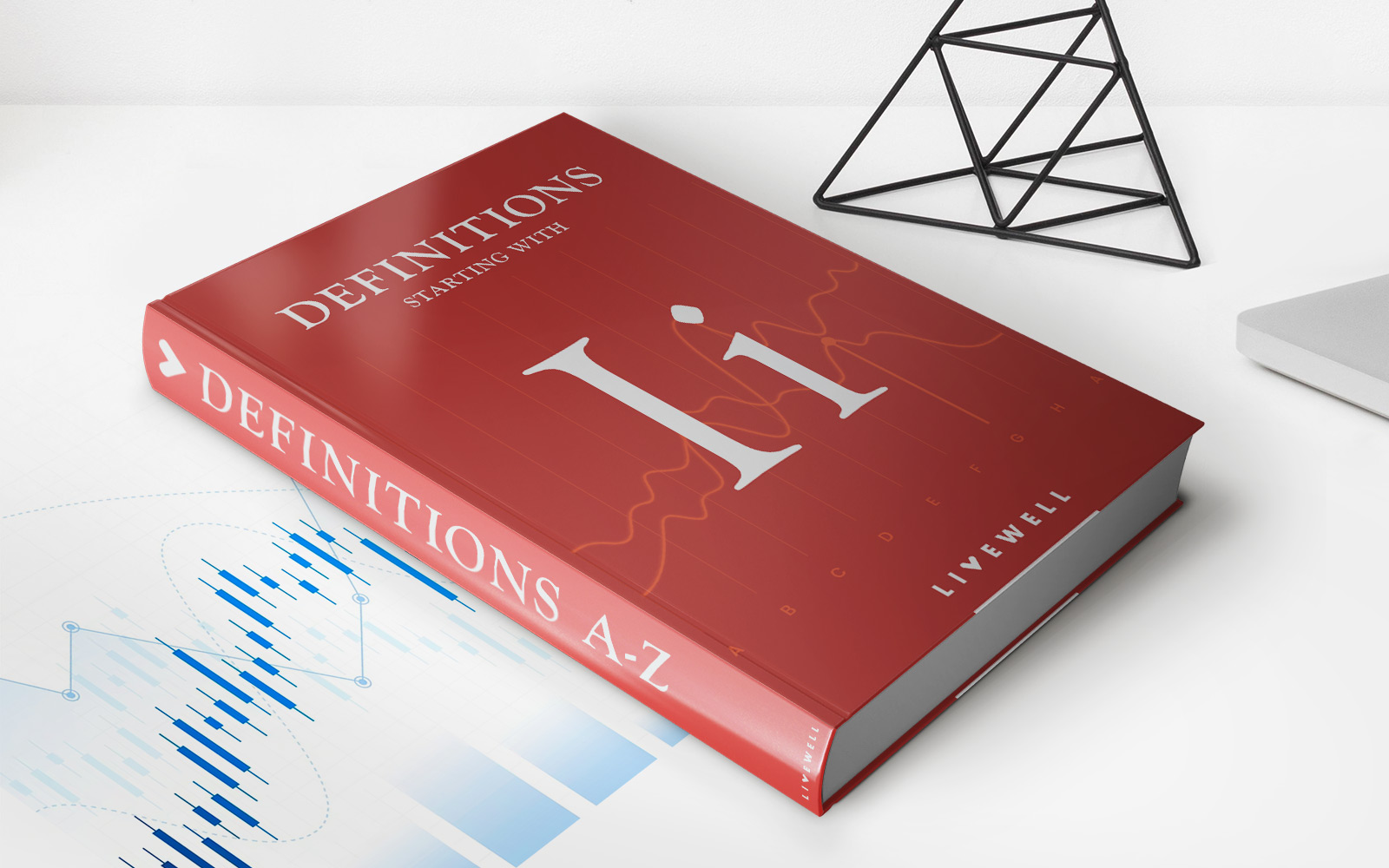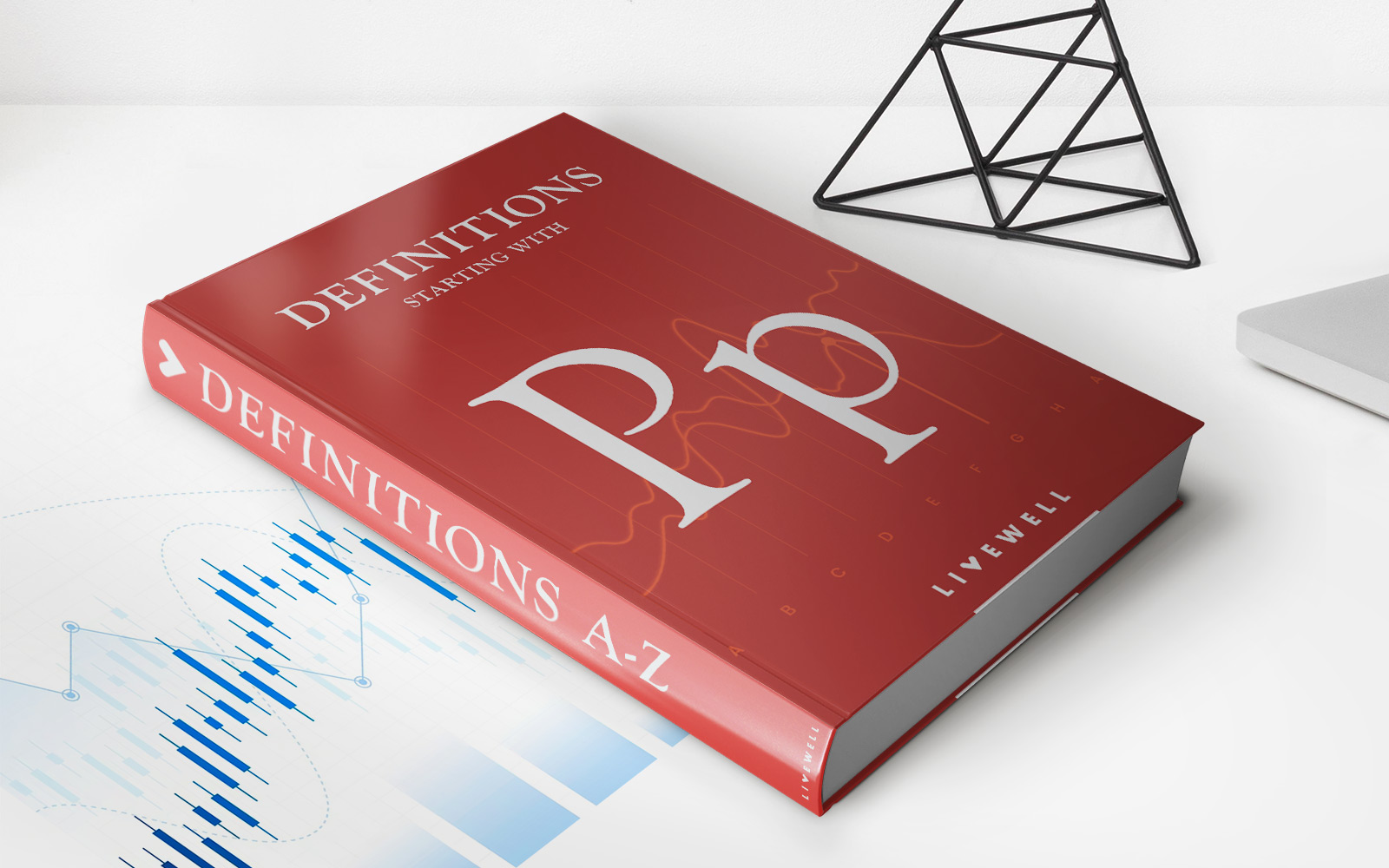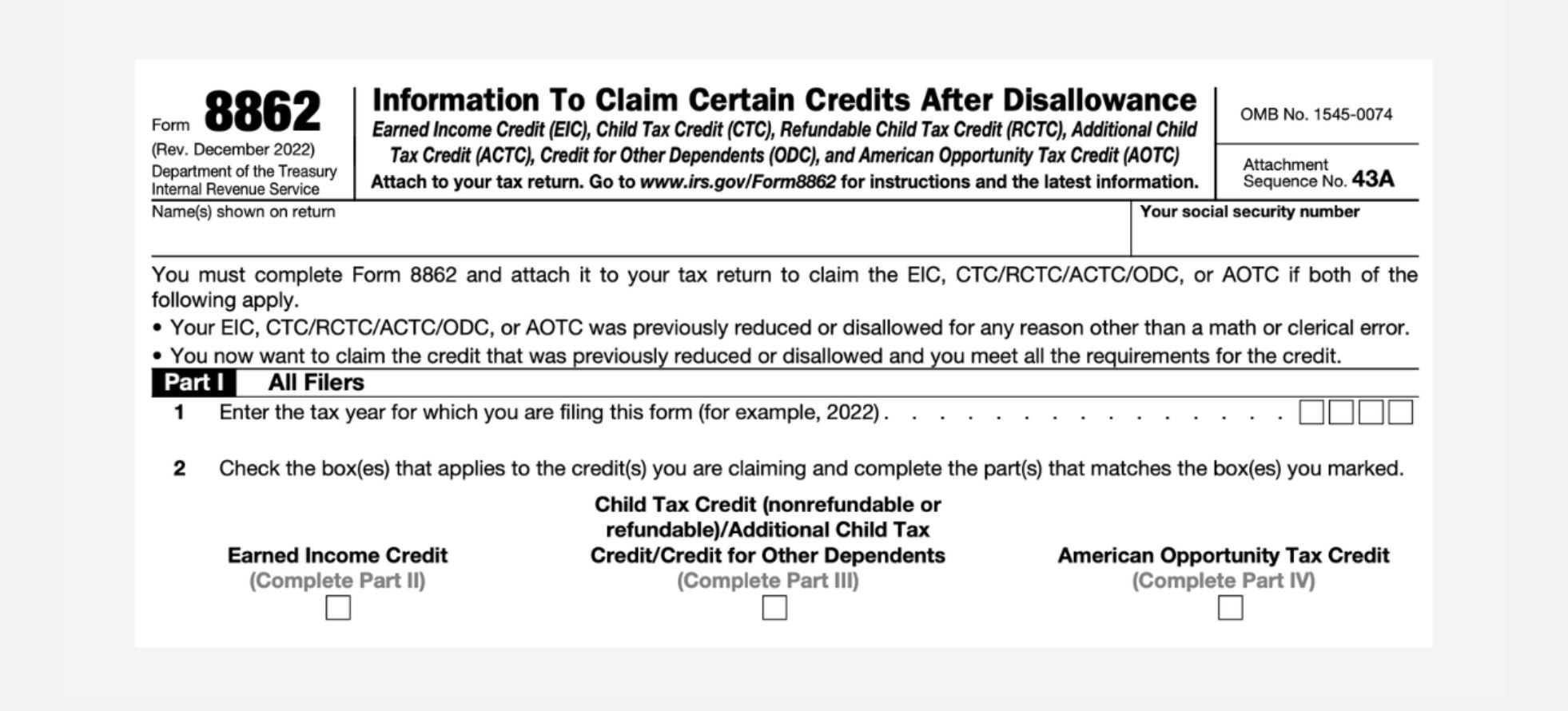

Finance
Who Buys Certificates Of Deposit?
Modified: December 29, 2023
Finance-minded individuals and investors seeking secure and low-risk investment options often buy certificates of deposit (CDs) to grow their wealth steadily over time.
(Many of the links in this article redirect to a specific reviewed product. Your purchase of these products through affiliate links helps to generate commission for LiveWell, at no extra cost. Learn more)
Table of Contents
Introduction
Certificates of Deposit (CDs) are a popular investment option for individuals and organizations seeking a secure way to grow their money. These financial instruments offer a fixed interest rate and a specified term length, making them an attractive choice for those who prioritize stability and a predictable return on their investment.
CDs are issued by banks and credit unions, and they function as a loan from the investor to the financial institution. In exchange for depositing money into a CD, the investor receives a certificate that signifies their ownership of the funds and the terms of the investment. The investor agrees to keep the funds in the CD for a predetermined period, ranging from a few months to several years, in exchange for a fixed interest rate that is typically higher than what would be earned in a standard savings account.
CDs provide a valuable source of income for financial institutions, as they use these funds to support lending activities and generate profits. At the same time, investors benefit from the security and competitive interest rates offered by CDs.
In this article, we will explore the various types of investors who find value in investing in certificates of deposit. Whether you are an individual looking to save for retirement, a corporation seeking to diversify its cash holdings, or a government entity managing surplus funds, CDs can be an integral part of an investment strategy that prioritizes stability and a steady return.
Definition of Certificates of Deposit (CDs)
Certificates of Deposit (CDs) are financial instruments offered by banks and credit unions to individuals and organizations as a means of earning interest on their savings. CDs are considered low-risk investments due to their fixed interest rates and specified term lengths.
When an individual or organization purchases a CD, they are essentially lending money to the issuing financial institution for a predetermined period. In return, the investor is issued a certificate that acknowledges their ownership of the funds and specifies the terms of the investment, including the interest rate and the length of the investment.
The interest rate offered on CDs is typically higher than what can be earned in a standard savings account. This increased return is compensation for the investor agreeing to lock up their money for a set period, known as the maturity period. Maturity periods for CDs can range from a few months to several years, with longer-term CDs typically offering higher interest rates.
One key feature of CDs is that they are FDIC insured, meaning that the funds invested in CDs are protected up to the maximum coverage limit set by the Federal Deposit Insurance Corporation. This provides an added layer of security for the investor, as it guarantees the return of their principal investment, in addition to the interest earned, should the issuing financial institution experience financial difficulties.
Upon maturity, investors have the option to either withdraw the funds from the CD or roll them over into a new CD with the same or different terms. If the funds are withdrawn before the maturity period ends, the investor may be subject to an early withdrawal penalty, which is typically a percentage of the interest earned or a specified number of days’ worth of interest.
In summary, certificates of deposit (CDs) are fixed-term investments offered by financial institutions, providing a reliable and secure way to earn interest on savings. With their FDIC insurance, predictable returns, and flexibility in terms of maturity periods, CDs are an attractive investment option for individuals and organizations looking to preserve and grow their capital.
Benefits of Certificates of Deposit
Certificates of Deposit (CDs) offer several benefits that make them an attractive investment option for a wide range of individuals and organizations. These benefits include:
- Security: One of the main advantages of CDs is that they are considered low-risk investments. They are backed by the issuing financial institution and are typically FDIC insured, which means that the investor’s principal investment is protected, up to the maximum coverage limit, even if the financial institution experiences financial difficulties.
- Fixed Interest Rates: CDs offer a fixed interest rate for the duration of the investment. This means that investors can rely on a predictable return, regardless of fluctuations in the market. This stability is especially valuable for investors who prioritize the preservation of capital and seek a reliable source of income.
- Diversification: CDs provide an opportunity to diversify an investment portfolio. By allocating funds to CDs along with other investment options, such as stocks and bonds, investors can mitigate risk and achieve a more balanced portfolio. This diversification can help safeguard against losses and provide stability during times of market volatility.
- Flexibility: CDs offer different maturity periods ranging from a few months to several years. This flexibility allows investors to choose the term length that aligns with their financial goals and liquidity needs. For individuals who have specific short-term savings goals, such as a down payment on a house or funding a vacation, shorter-term CDs can be a suitable option.
- Higher Interest Rates: Typically, CDs offer higher interest rates compared to standard savings accounts. This means that investors can potentially earn more on their savings over the term of the CD. Higher interest rates can be particularly beneficial for individuals and organizations seeking to grow their funds over a specific period while minimizing the risk of loss.
Overall, certificates of deposit (CDs) provide a secure and stable investment option with predictable returns, offering individuals and organizations the opportunity to grow their savings while preserving their capital. Their low-risk nature, fixed interest rates, diversification benefits, flexibility in terms of maturity periods, and potential for higher interest rates make them an attractive choice for those looking for stability and reliable income from their investments.
Who Buys Certificates of Deposit?
Certificates of Deposit (CDs) are purchased by a diverse group of individuals and organizations who value the security and predictable returns that CDs offer. Let’s explore some of the main types of investors who buy certificates of deposit:
- Individual Investors: Many individual investors, including those who are risk-averse or nearing retirement, choose to invest in CDs. They appreciate the stability and protection of their principal investment that CDs provide. Individual investors often use CDs as a way to preserve capital, earn a steady return, and diversify their investment portfolio.
- Institutional Investors: Banks, credit unions, and other financial institutions themselves purchase CDs as a way to effectively manage their excess funds. These institutions view CDs as a safe investment vehicle that offers competitive rates of return. Investing in CDs allows them to diversify their assets and generate income while managing risk.
- Retirement Accounts: Certificates of Deposit are a popular investment choice for retirement accounts such as Individual Retirement Accounts (IRAs) and 401(k) plans. Individuals seek the stability and security offered by CDs to ensure that their retirement funds are protected. CDs can be a valuable component of a retirement savings strategy, providing a reliable income stream during retirement.
- Corporate Entities: Corporations and other business entities also invest in certificates of deposit to manage their cash holdings. They often utilize CDs for short-term cash management, ensuring the safety of their funds while earning interest. By diversifying their cash reserves into CDs, businesses can generate passive income while maintaining liquidity and financial stability.
- Government Entities: Government entities, including state and local governments, also buy certificates of deposit to manage their surplus funds. By investing in CDs, they can secure a stable return on these funds while ensuring the safety of public funds. CDs offer government entities a reliable means to grow their capital while maintaining financial security.
Ultimately, certificates of deposit attract a wide range of investors who prioritize security, stability, and predictable returns. Individual investors, financial institutions, retirement accounts, corporate entities, and government entities all find value in investing in CDs to meet their unique financial goals and investment strategies.
Individual Investors
Individual investors are among the most common purchasers of Certificates of Deposit (CDs). These investors include individuals who prioritize the preservation of their capital, seek stable and predictable returns, and have a lower risk tolerance.
There are several reasons why individual investors choose to buy CDs:
- Security: Individual investors appreciate the security that CDs offer. With FDIC insurance, their principal investment is protected up to the maximum coverage limit, even if the issuing financial institution experiences financial difficulties. This level of protection provides peace of mind and reassurance to investors, particularly those who are risk-averse.
- Stable Returns: CD interest rates are fixed for the duration of the investment, ensuring a predictable return. This stability is attractive to investors who value consistent and reliable income. Knowing exactly how much they will earn allows individuals to plan their finances effectively and budget accordingly.
- Diversification: Individual investors often diversify their investment portfolios to mitigate risk. By allocating a portion of their funds to CDs, they can balance their portfolio by including a low-risk asset class. This diversification helps protect against market volatility and potential losses in other investment avenues, such as stocks or bonds.
- Short-Term Financial Goals: Individual investors may purchase CDs to achieve specific short-term financial goals. For example, if they are saving for a down payment on a home or planning a vacation, they can invest in a CD with a maturity period that aligns with their desired timeline. This ensures that the funds are available when needed, while still earning a competitive interest rate.
- Retirement Planning: CDs are commonly utilized in retirement planning strategies. As individuals approach retirement, they may shift their investment focus to more conservative options to protect their savings. CDs provide a stable source of income during retirement and offer a secure means of preserving capital while earning a reliable return.
Overall, individual investors find value in investing in Certificates of Deposit due to the security, stable returns, diversification benefits, and applicability to short-term financial goals and retirement planning. Whether they are looking for a safe investment option or a steady income stream, CDs provide a suitable choice that aligns with their individual investment objectives and risk tolerance.
Institutional Investors
In addition to individual investors, institutional investors such as banks, credit unions, and other financial institutions are significant buyers of Certificates of Deposit (CDs). These organizations utilize CDs as a means to effectively manage their excess funds and optimize their financial operations.
Here are some key reasons why institutional investors choose to invest in CDs:
- Safe Investment: Institutional investors prioritize the safety of their funds and seek low-risk investment options. CDs provide a secure investment vehicle backed by the issuing financial institution. With FDIC insurance, they offer protection for the principal investment, allowing institutions to safeguard their capital.
- Competitive Returns: While maintaining safety, CDs offer competitive interest rates compared to other fixed-income securities. These rates enable institutional investors to generate income on their surplus funds while fulfilling their liquidity requirements. CDs provide a balance between earning a respectable return and mitigating risk.
- Cash Management: Institutional investors frequently use CDs as a tool for cash management. They allocate funds to CDs to diversify their cash reserves and earn interest on their idle money. By investing in CDs with varying maturity periods, institutions can structure their cash holdings to align with their anticipated cash flow needs and maintain liquidity.
- Balance Sheet Management: Investing in CDs allows financial institutions to effectively manage their balance sheets. They can use CDs to support their lending activities by utilizing the funds deposited through CDs to extend loans and generate profits. This strategic management enables institutions to optimize their cash position while earning interest on their assets.
- Risk Mitigation: Institutional investors aim to balance risk and reward in their investment portfolios. Including CDs as part of their investment strategy helps diversify their holdings and mitigate risk. By diversifying across different asset classes, including CDs, institutions can reduce exposure to market fluctuations and maintain stability in their overall portfolio.
Institutional investors find value in investing in Certificates of Deposit due to the safety, competitive returns, cash management capabilities, balance sheet management benefits, and risk mitigation opportunities they provide. By utilizing CDs, institutions can optimize their financial position, generate income, and effectively manage their surplus funds while prioritizing capital preservation and minimizing risk.
Retirement Accounts
Certificates of Deposit (CDs) are a popular investment choice for individuals who are saving for retirement through accounts such as Individual Retirement Accounts (IRAs) and 401(k) plans. These retirement accounts offer tax advantages and long-term savings opportunities, making CDs an attractive option for retirement planning.
Here are some reasons why retirement accounts invest in CDs:
- Capital Preservation: Retirement accounts are designed to provide individuals with a secure nest egg for their post-employment years. CDs offer a high level of security for retirement savings. With FDIC insurance, the principal investment in CDs is protected, providing peace of mind for individuals who are planning for their financial future.
- Predictable Income: Individuals nearing retirement or in retirement often value stability and predictable income. CDs provide a fixed interest rate for the duration of the investment, ensuring a steady stream of income. This predictability allows retirees to plan their expenses and budget effectively during their retirement years.
- Diversification: Retirement accounts benefit from diversifying their investment portfolio. By including CDs alongside other retirement investments, such as stocks and bonds, individuals can reduce risk and enhance stability. CDs act as a valuable low-risk asset class that helps balance the overall risk profile of the retirement account.
- Long-Term Savings: Retirement accounts are designed for long-term savings, often spanning decades. CDs with longer-term maturities align well with the time horizon of retirement accounts. Individuals can invest in CDs with longer maturity periods to earn higher interest rates and allow their funds to grow steadily over time.
- Protection against Market Volatility: CDs offer a level of protection against market volatility. While the value of stocks and bonds may fluctuate over time, CDs provide a stable investment option. This stability can help individuals weather periods of market volatility and maintain the value of their retirement savings.
Retirement accounts recognize the benefits of investing in Certificates of Deposit, including capital preservation, predictable income, diversification, long-term savings potential, and protection against market volatility. By incorporating CDs into their retirement investment strategy, individuals can ensure a secure and reliable source of income during their retirement years.
Corporate Entities
Certificates of Deposit (CDs) are commonly utilized by corporate entities as a cash management tool and means of diversifying their cash holdings. These entities include corporations, businesses, and other organizations that seek to allocate their excess funds in a secure and efficient manner.
Here are some key reasons why corporate entities invest in CDs:
- Liquidity and Safety: Corporate entities often prioritize liquidity and the safety of their cash reserves. By investing in CDs, they can ensure that their funds remain readily accessible while benefiting from the security offered by CDs. With FDIC insurance, their principal investment in CDs is protected, which is crucial for maintaining financial stability.
- Stable Income: CDs provide corporate entities with a stable and predictable income stream. The fixed interest rates associated with CDs enable these organizations to generate passive income from their cash holdings. This income can help cover operational expenses or be reinvested into the business for growth and expansion.
- Diversification: Corporate entities diversify their cash holdings to minimize risk and optimize their financial position. By investing in CDs, they can diversify their assets and reduce their exposure to a single type of investment. This diversification helps protect against potential losses and ensures a more balanced financial portfolio.
- Short-Term Cash Management: CDs offer corporate entities flexibility in managing their short-term cash needs. By investing in CDs with varying maturity periods, they can structure their cash reserves to align with anticipated cash flow requirements. This strategic management allows organizations to optimize their financial position and maintain liquidity while earning competitive returns.
- Treasury and Cash Flow Management: Corporate entities use CDs as part of their overall treasury and cash flow management strategy. By investing excess cash in CDs, they can earn additional income and effectively deploy their funds. CDs provide an opportunity to generate returns on idle money while minimizing the risk associated with market fluctuations.
Overall, corporate entities find value in investing in Certificates of Deposit as a way to manage their cash holdings, diversify their investments, and optimize their financial position. The liquidity, safety, stable income, diversification benefits, and short-term cash management capabilities of CDs make them an attractive option for these entities in their pursuit of financial stability and growth.
Government Entities
Government entities, including state and local governments, invest in Certificates of Deposit (CDs) as part of their overall cash management and surplus fund investment strategies. These entities leverage CDs to ensure the safety and security of public funds while earning a competitive return.
Here are the main reasons why government entities buy CDs:
- Security of Public Funds: Government entities have a responsibility to protect public funds. By investing in CDs, they can ensure the safety of these funds. With FDIC insurance, CDs offer a high level of protection for the principal investment, providing government entities with confidence in the security of public funds.
- Stable and Predictable Returns: CDs provide government entities with a stable and predictable income stream. The fixed interest rates associated with CDs enable consistent earnings on surplus funds. This predictable return allows government entities to effectively plan and budget for future expenses and investments.
- Capital Preservation: Preserving capital is a key consideration for government entities. CDs offer a low-risk investment option that allows them to protect the value of surplus funds. By investing in CDs, government entities can ensure that public funds maintain their purchasing power while earning a competitive rate of return.
- Cash Flow Management: Government entities utilize CDs as part of their cash flow management strategy. They invest surplus funds in CDs with varying maturity periods to align with their anticipated cash flow needs. This approach allows government entities to optimize their funds and ensure sufficient liquidity while earning interest on their surplus cash.
- Compliance and Regulation: Government entities are subject to strict regulations and compliance requirements when managing public funds. Investing in CDs provides a transparent and regulated investment avenue that meets these requirements. CDs offer a straightforward investment option with clear terms and a regulated environment, ensuring compliance with governmental financial regulations.
In summary, government entities opt to invest in Certificates of Deposit due to the security, stable returns, capital preservation, cash flow management benefits, and compliance advantages they offer. By investing in CDs, government entities can effectively manage and grow surplus funds while adhering to their fiduciary responsibilities to protect and preserve public funds.
Conclusion
Certificates of Deposit (CDs) are valuable investment vehicles that cater to a wide range of investors seeking security, stability, and reliable returns. Whether it be individual investors, institutional investors, retirement accounts, corporate entities, or government entities, CDs offer a host of benefits that align with their respective financial goals and risk tolerance.
For individual investors, CDs provide a secure way to preserve capital, earn predictable income, and diversify their investment portfolio. The stability and fixed interest rates of CDs make them attractive options for retirement planning and achieving short-term financial goals.
Institutional investors, including banks and financial institutions, value the safety, competitive returns, cash management capabilities, and risk mitigation opportunities provided by CDs. CDs are instrumental in optimizing their financial position, managing surplus funds, diversifying assets, and enhancing balance sheet management.
Retirement accounts utilize CDs to prioritize capital preservation, generate stable income during retirement, diversify portfolios, and protect against market volatility. CDs serve as a key component in long-term savings strategies, ensuring financial security in retirement years.
Corporate entities leverage CDs for cash management, liquidity, diversification, and treasury management purposes. By investing excess cash in CDs, they can optimize their financial operations, earn additional income, and maintain stability in their cash reserves.
Government entities invest in CDs to safeguard public funds, earn predictable returns, preserve capital, manage cash flow, and comply with financial regulations. CDs provide a secure and regulated investment avenue that meets their fiduciary responsibilities to protect public funds.
In conclusion, Certificates of Deposit meet the diverse needs of investors across various sectors. They offer safety, stability, predictable income, diversification, and compliance advantages. Whether it’s individuals planning for retirement, institutions managing surplus funds, or government entities safeguarding public funds, CDs are a trusted investment choice that provides both peace of mind and financial growth.














